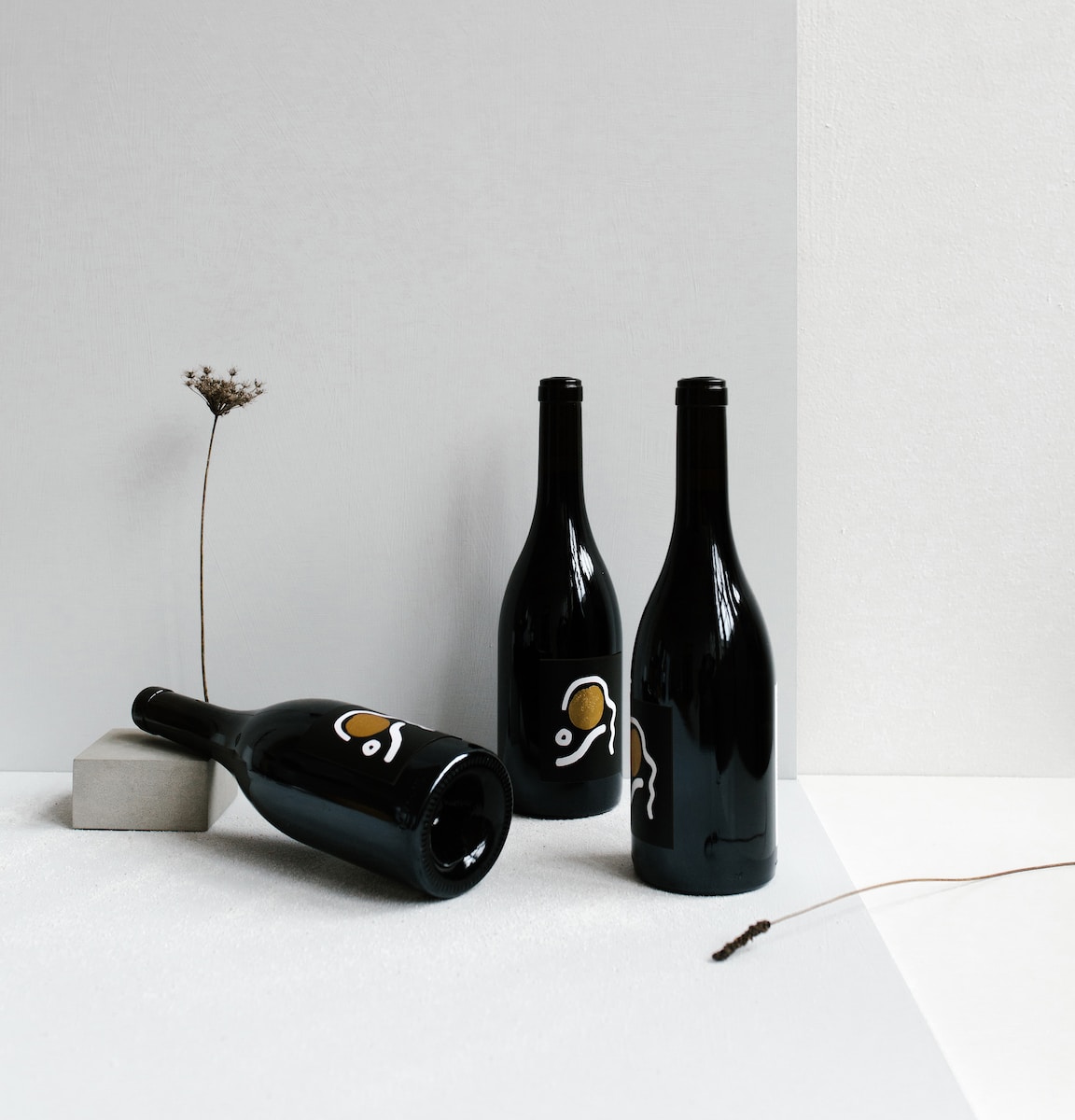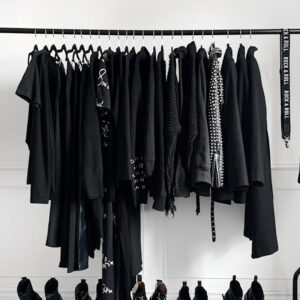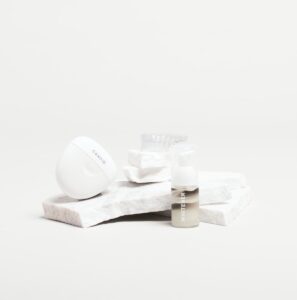Determine Your Budget
The first thing to consider when choosing a wine is your budget. Wines can vary significantly in price, from a few dollars to thousands of dollars per bottle. A higher price doesn’t always mean better quality or taste, but it often means better quality ingredients and a more complex flavor profile. So, it’s essential to decide how much you’re willing to spend before starting your search.
If you’re on a tight budget, don’t worry. There are plenty of excellent wines available at a reasonable price point. Some great options include Chilean and Argentinian wines, which offer excellent value for money.
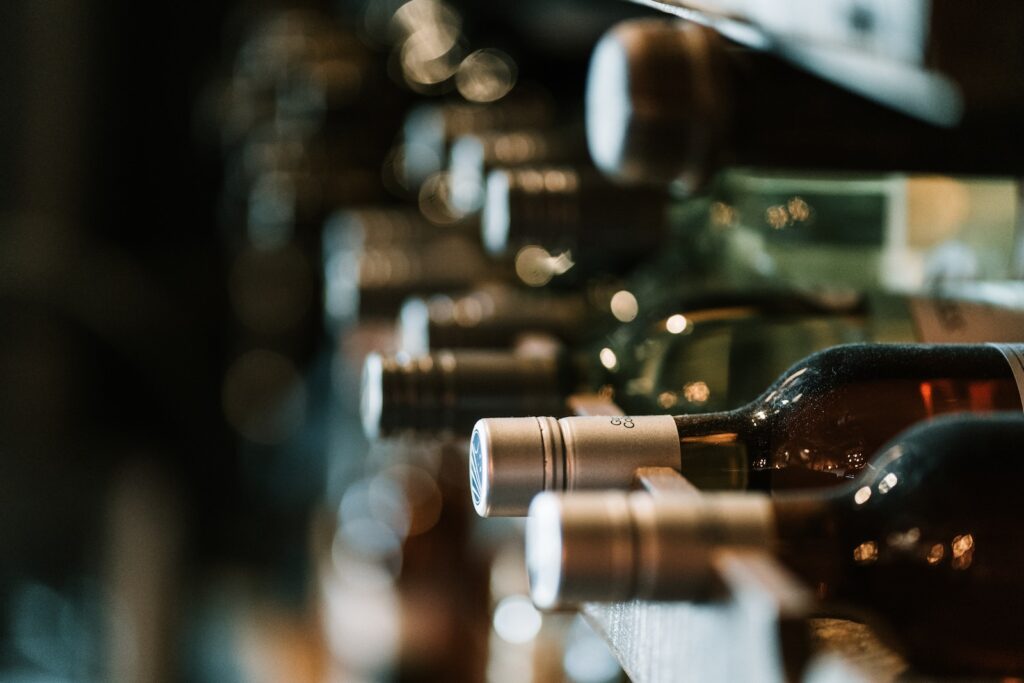
Consider the Occasion
The occasion is another critical factor to consider when selecting a wine. Different occasions call for different types of wines. For instance, if you’re hosting a formal dinner party, you may want to opt for a traditional wine such as a Bordeaux or a Pinot Noir. These wines are known for their robust flavors and are a great choice to pair with rich, hearty dishes.
On the other hand, if you’re hosting a casual get-together with friends, you may want to choose a lighter, fruitier wine like a Sauvignon Blanc or a Prosecco. These wines are refreshing and easy to drink, making them the perfect choice for a relaxed social gathering.

Research the Region
The region where a wine is produced can significantly impact its flavor and aroma. Each region has its unique characteristics that influence the wine’s taste, so it’s essential to research the region before purchasing a bottle. For example, wines produced in France’s Bordeaux region have a distinct earthy and robust flavor, while those produced in California’s Napa Valley are known for their fruity and rich tast
If you’re unsure which region to choose, consider trying a few different wines from various regions to get a better understanding of their unique flavor profiles.

Check the Vintage
The vintage year of a wine is the year the grapes were harvested. The vintage can significantly impact the taste and quality of the wine. Some years are considered to be exceptional, while others may produce an inferior wine. When purchasing a bottle, be sure to check the vintage year to ensure you’re getting a quality product.
In general, it’s best to choose a wine from a good vintage year. However, keep in mind that some wines can improve with age, so a vintage that was considered mediocre at the time of release may have improved with time.
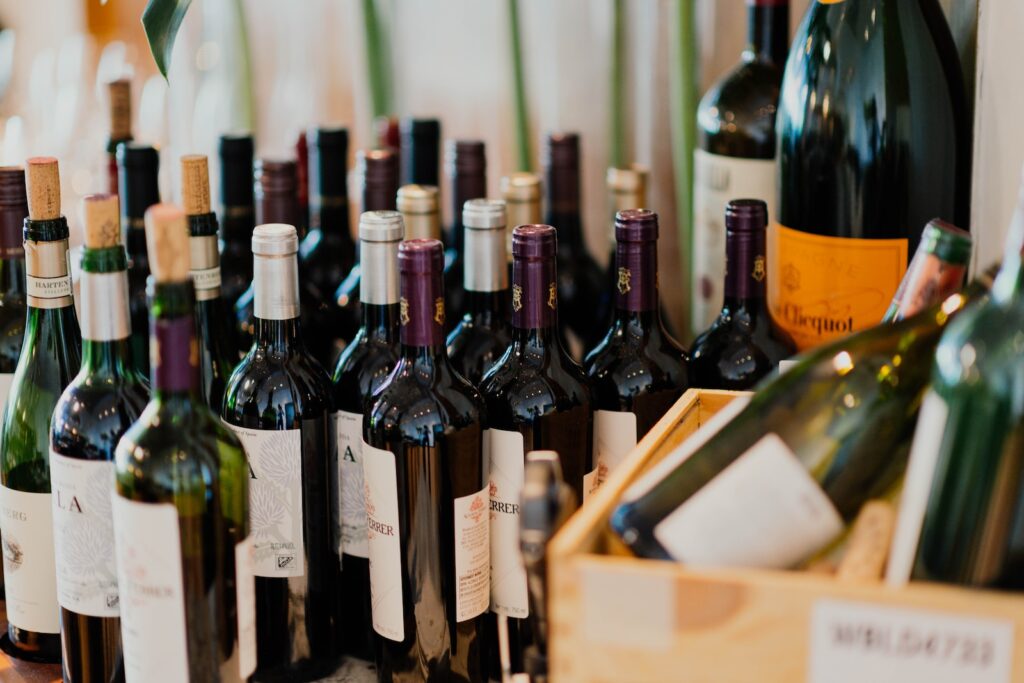
Ask for Recommendations
Finally, don’t be afraid to ask for recommendations from a wine professional or a trusted friend. They may have a wine they love and recommend that you’ve never heard of or tried before. Their insight and experience can help you make a better-informed decision when buying wine.
If you’re shopping at a wine store, ask the staff for recommendations. They’re often knowledgeable about the wines they carry and can provide valuable insight into different varieties and regions. If you’re at a restaurant, don’t hesitate to ask your server for recommendations, as they’ll likely be familiar with the wines on their menu.

In conclusion, by considering these five tips when choosing a wine, you’ll be well on your way to selecting the perfect bottle for any occasion. Remember to determine your budget, consider the occasion, research the region, check the vintage, and ask for recommendations. Happy wine shopping!
